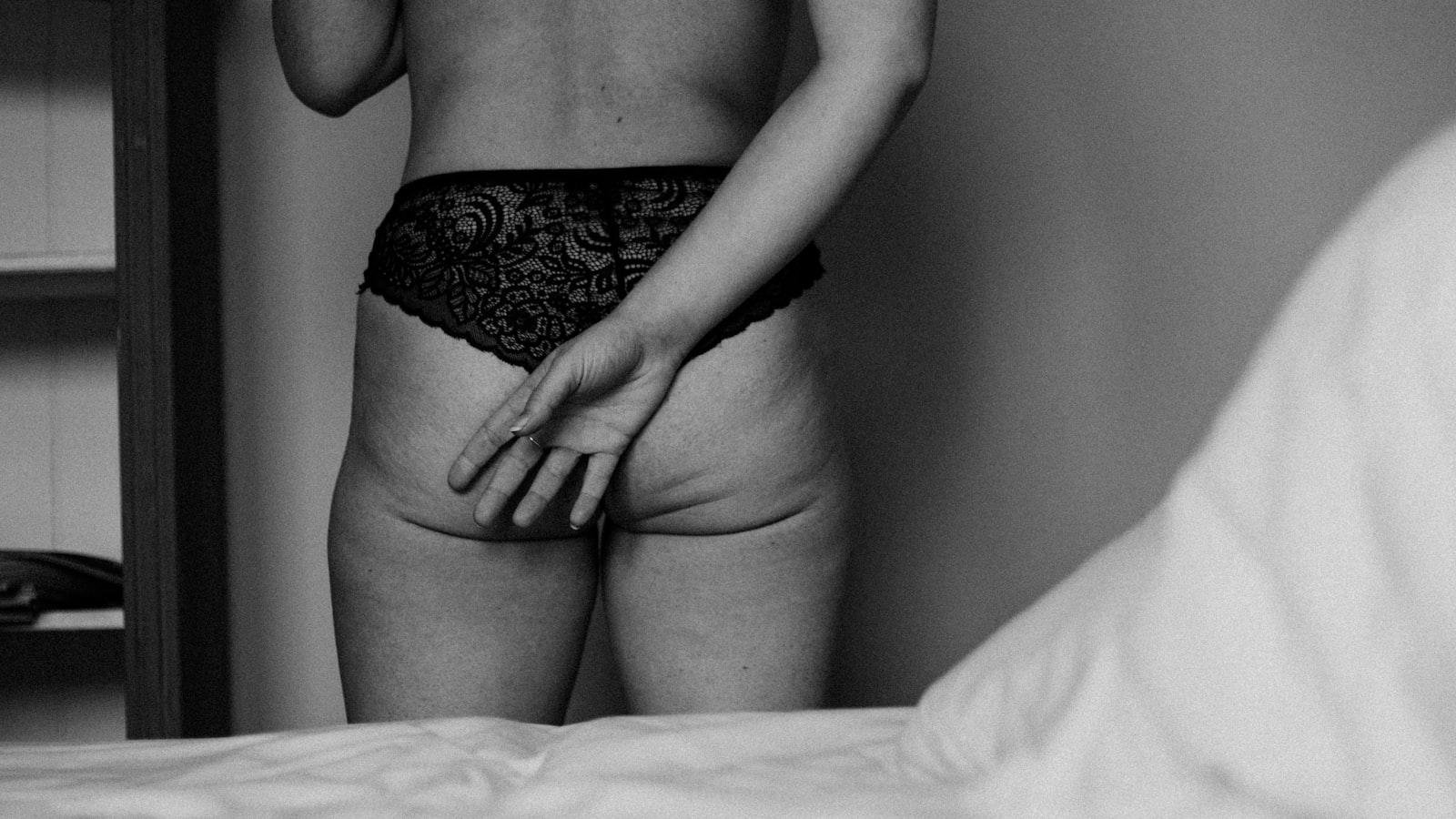In a world that constantly pulls us in a million directions, leaving our emotions tangled and strewn about like a forgotten jigsaw puzzle, the age-old practice of yoga emerges as a sanctuary of stillness and healing. Drawing us inward, it holds the power to unravel our deepest emotional knots, gently guiding us towards peace and serenity. Welcome to the transformative realm of “Yoga for Emotional Healing: Letting Go Through Asana and Breath.” In this enlightening article, we will embark on a captivating journey through the transformative power of yoga, unravelling the intricate dance between body and mind, as we learn to release emotional burdens, one breath and one asana at a time. So sit back, take a deep breath, and allow yourself to immerse in the world of yoga, where emotional healing awaits.
The Power of Yoga: Unlocking Emotional Healing Through Asana and Breath
Yoga has long been celebrated for its physical benefits, such as increased flexibility and strength, but its power to heal and transform extends far beyond the physical realm. Through the practice of asana and breathwork, yoga has the ability to unlock emotional healing, enabling us to let go of past traumas and find inner peace. By connecting the mind, body, and breath, yoga helps us to release stored emotions and energy blockages, providing us with a holistic approach to emotional well-being.
As we flow through various yoga postures, or asanas, we tap into our body’s wisdom, moving in a way that encourages the release of stagnant emotions. These asanas, when paired with conscious and controlled breathing, allow us to go deeper into our practice, accessing buried emotions that may have been causing pain or discomfort. By bringing awareness to our breath, we are able to release tension and stress from our bodies, creating space for emotional healing to take place.
- Increased self-awareness: Yoga encourages us to tune into our bodies and emotions, developing a deeper understanding of ourselves.
- Stress reduction: The combination of asana and breathwork helps to calm the nervous system, reducing stress and anxiety levels.
- Improved mood: Regular practice of yoga has been shown to increase serotonin levels, improving mood and overall emotional well-being.
| Yoga Asanas for Emotional Healing | Benefits |
|---|---|
| Child’s Pose (Balasana) | Calms the mind, relieves stress and anxiety |
| Bridge Pose (Setu Bandhasana) | Opens the heart chakra, promotes self-acceptance |
| Corpse Pose (Savasana) | Allows deep relaxation, releases tension and promotes emotional surrender |
By incorporating regular yoga practice into our lives, we can harness the transformative power of asana and breath to unlock emotional healing and find balance within ourselves. As we let go of past traumas and negative emotions, we make space for joy, love, and peace to enter our lives. Let yoga be your guide on the path towards emotional well-being and healing.

Understanding the Mind-Body Connection: How Yoga Poses Facilitate Emotional Release
When it comes to emotional healing, yoga has been recognized as a powerful tool for releasing deep-seated emotions and finding inner peace. The mind-body connection is a fundamental aspect of our overall well-being, and through the practice of yoga poses or asanas combined with focused breathwork, we can tap into this connection and facilitate emotional release.
Yoga poses, known as asanas, target specific areas of tension and stagnation in the body. As we move through the various poses, we engage both physically and mentally, creating a space for emotions to surface and be released. These poses help us to open up areas of the body that may be holding onto stress, trauma, or blocked energy.
- Child’s Pose (Balasana): This gentle pose provides a comforting and nurturing space to reconnect with ourselves and release emotional tension. It promotes a sense of surrender and allows us to let go of any emotions that no longer serve us.
- Camel Pose (Ustrasana): This heart-opening pose helps to release stored emotions in the chest and heart area. By actively stretching the front of the body, we create space for vulnerability and emotional expression.
- Corpse Pose (Savasana): This final relaxation pose is a powerful tool for emotional release. By fully surrendering our bodies and minds, we allow ourselves to let go of any remaining tension or suppressed emotions, leaving us feeling refreshed and rejuvenated.
Alongside yoga poses, conscious breathwork is an integral part of the mind-body connection and emotional healing process. By focusing on our breath and practicing deep, intentional breaths, we activate the body’s relaxation response, calming the mind and allowing emotions to flow freely.
By incorporating yoga into our lives, we not only cultivate physical strength and flexibility but also create a safe space for emotional healing. Through the powerful combination of asanas and breathwork, we invite the release of emotional baggage, paving the way for a healthier, more balanced state of being.

Breathwork: Harnessing the Breath to Let Go of Emotional Baggage
Breathwork is a powerful practice that can help us release emotional baggage and find healing from within. By harnessing the breath, we have the ability to tap into our body’s innate wisdom and let go of the emotions that no longer serve us. In yoga, breathwork is often combined with asana (physical postures) to create a holistic approach to emotional healing.
Through the practice of asana, we can create space in our body and mind, allowing for emotional release and healing. As we move through the different poses, we are able to tap into our breath and connect with our inner selves. This connection helps us to release tension, stress, and emotions that may be stored in our bodies.
- Breath retention: This technique involves a combination of deep inhalation and exhalation, followed by a brief pause between breaths. It can help to calm the mind and release emotional tension.
- Alternate nostril breathing: This practice involves alternating the inhalation and exhalation between the left and right nostrils. It can help to balance the energy in our body and clear emotional blockages.
- Ujjayi breath: Also known as “victorious breath,” this technique involves constricting the back of the throat to create an audible sound during inhalation and exhalation. It can help to calm the mind and release emotional stress.
When combined with asana, breathwork can be a powerful tool for emotional healing. By focusing on the breath and allowing ourselves to fully experience each posture, we can let go of emotional baggage and find a sense of peace within ourselves.

Embrace Emotional Freedom: Expert Recommendations for Incorporating Yoga into Your Healing Journey
Yoga for Emotional Healing: Letting Go Through Asana and Breath
Embracing emotional freedom and finding a sense of inner peace can be a transformative journey. One powerful tool that many experts recommend incorporating into your healing process is yoga. Through the practice of asana (physical poses) and breathwork, yoga offers a holistic approach to releasing emotional baggage and cultivating a greater sense of well-being. Here are some expert recommendations on how to incorporate yoga into your healing journey:
- Start with a gentle practice: If you’re new to yoga or dealing with emotional turmoil, begin with a gentle practice. Slow, mindful movements can help you connect with your body and begin the process of letting go.
- Focus on heart-opening poses: Heart-opening poses such as Cobra, Fish, and Camel can be especially beneficial for releasing pent-up emotions. These poses stretch the chest and abdomen, opening up space for emotional release.
- Practice breathwork: Incorporating pranayama (breathwork) into your yoga practice can help calm the mind and release tension. Try deep belly breathing or alternate nostril breathing to promote relaxation and emotional balance.
| Releasing Emotional Baggage | Benefits of Yoga |
|---|---|
| Letting go of past trauma | Connects mind and body |
| Releasing negative emotions | Promotes self-awareness |
| Improving emotional resilience | Encourages self-compassion |
Remember, healing takes time and patience. As you embark on your yoga journey for emotional healing, be gentle with yourself and listen to your body. Allow yoga to be a safe space where you can process emotions, let go, and embrace the freedom that comes with emotional healing.
In Conclusion
As we come to the end of this exploration into the transformative powers of yoga for emotional healing, one thing becomes abundantly clear – the magic lies within the connection between our bodies, our breath, and the vast possibilities that exist within ourselves.
Through the practice of asana and breathwork, we have delved into the depths of our emotional landscapes, unearthing buried wounds and unraveling stagnant energy. With each gentle stretch and deep inhale, we have learned to let go of what no longer serves us, making space for healing and growth.
Just as the breath flows in and out, we too have discovered the art of surrendering and releasing. In every intentional movement, we have tapped into the wellspring of emotions that dwell within, allowing them to surface, be acknowledged, and ultimately be set free.
This transformative journey through yoga has taught us that healing is not linear, but a dance between power and vulnerability. It is a journey that requires patience, presence, and a deep sense of self-compassion. As we have learned to honor our bodies and emotions through each yoga pose, we have cultivated a sense of acceptance and gentleness towards ourselves.
In the sacred space of the studio, we have found solace. Amidst the collective exhales and synchronicities, we have realized that we are not alone in our quest for emotional healing. The warmth and support of the yoga community have enveloped us, reminding us that we are part of a larger tapestry of human experiences.
So, as we step off our mats and re-enter the world, may we carry the lessons we have learned. May we continue to embrace the power of movement, breath, and stillness as tools for emotional release and restoration. And may we never forget that the practice of yoga is not just about the physical symphony of poses but an invitation to surrender, heal, and grow.
So, breathe deeply, move mindfully, and let the power of yoga guide you on your journey of emotional healing and transformation. Namaste.




